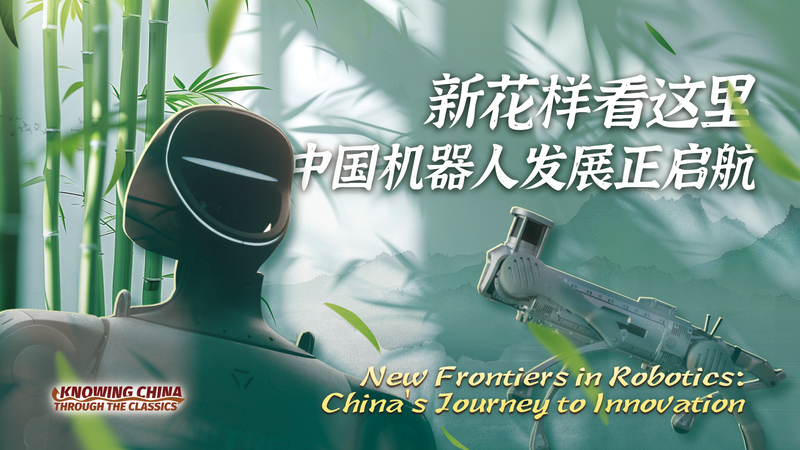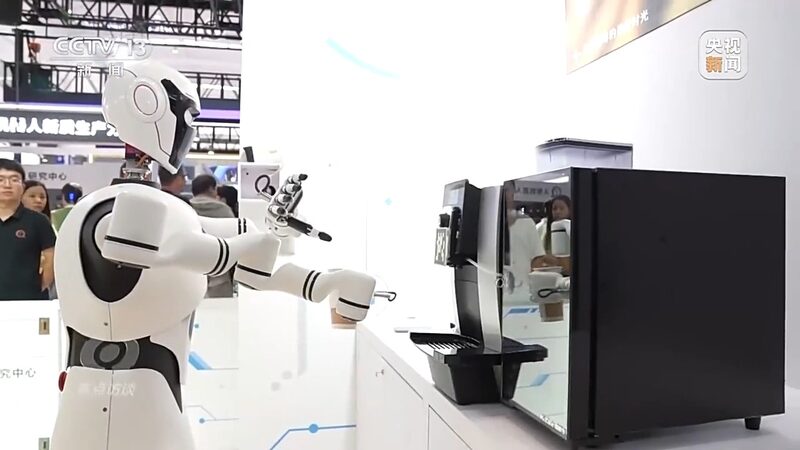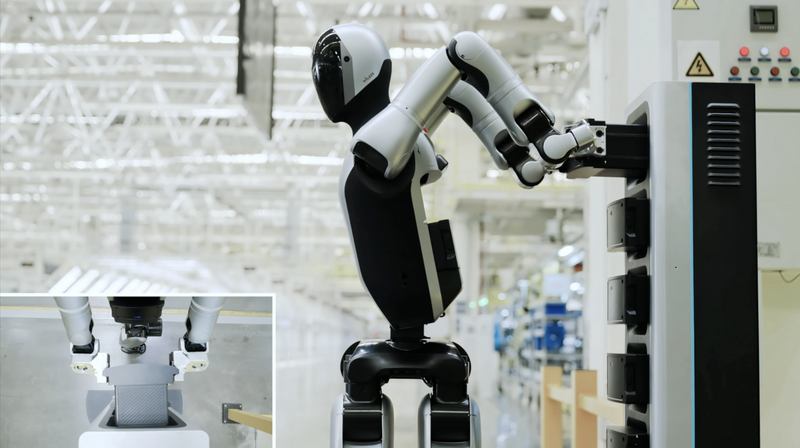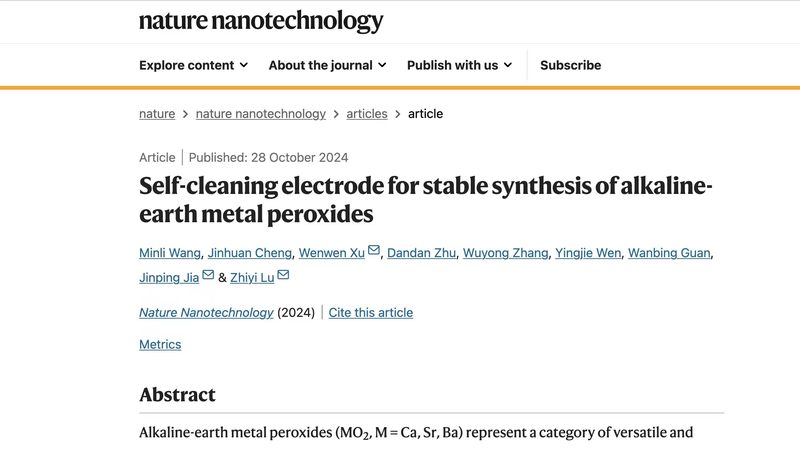Chinese scientists have unveiled a groundbreaking gel-based sensor capable of objectively measuring spiciness – a technological leap that could transform food safety protocols, medical treatments, and even humanoid robotics. Developed by researchers at East China University of Science and Technology, this 'artificial tongue' uses milk protein-infused hydrogel to detect capsaicin levels within 10 seconds, eliminating subjective human assessments.
"Our goal was to create a material that bypasses sensory bias," explained Professor Hu Jing, lead researcher of the study published this month. "Just as milk neutralizes chili heat by binding to capsaicin molecules, our gel replicates this biological process through electrochemical signals."
The flexible device measures electrical current reduction when proteins interact with spicy compounds, providing precise readings for chili peppers, garlic, ginger, and onions. Beyond culinary applications, the team envisions integration with AI-driven systems for automated food quality control and enhanced robotic sensory capabilities.
This innovation addresses a critical gap in robotics development. "Giving machines the ability to 'taste' could revolutionize industries from pharmaceuticals to elderly care," Hu told CGTN. With prototype testing underway, the technology might soon enable robots to monitor food freshness or administer personalized medical treatments based on chemical analysis.
As global demand for objective food safety metrics grows, China's 2025 breakthrough positions the country at the forefront of bio-inspired sensor technology. The research team is now collaborating with robotics firms to explore commercial applications, potentially reshaping quality assurance standards across Asia's $3.2 trillion food industry.
Reference(s):
cgtn.com








